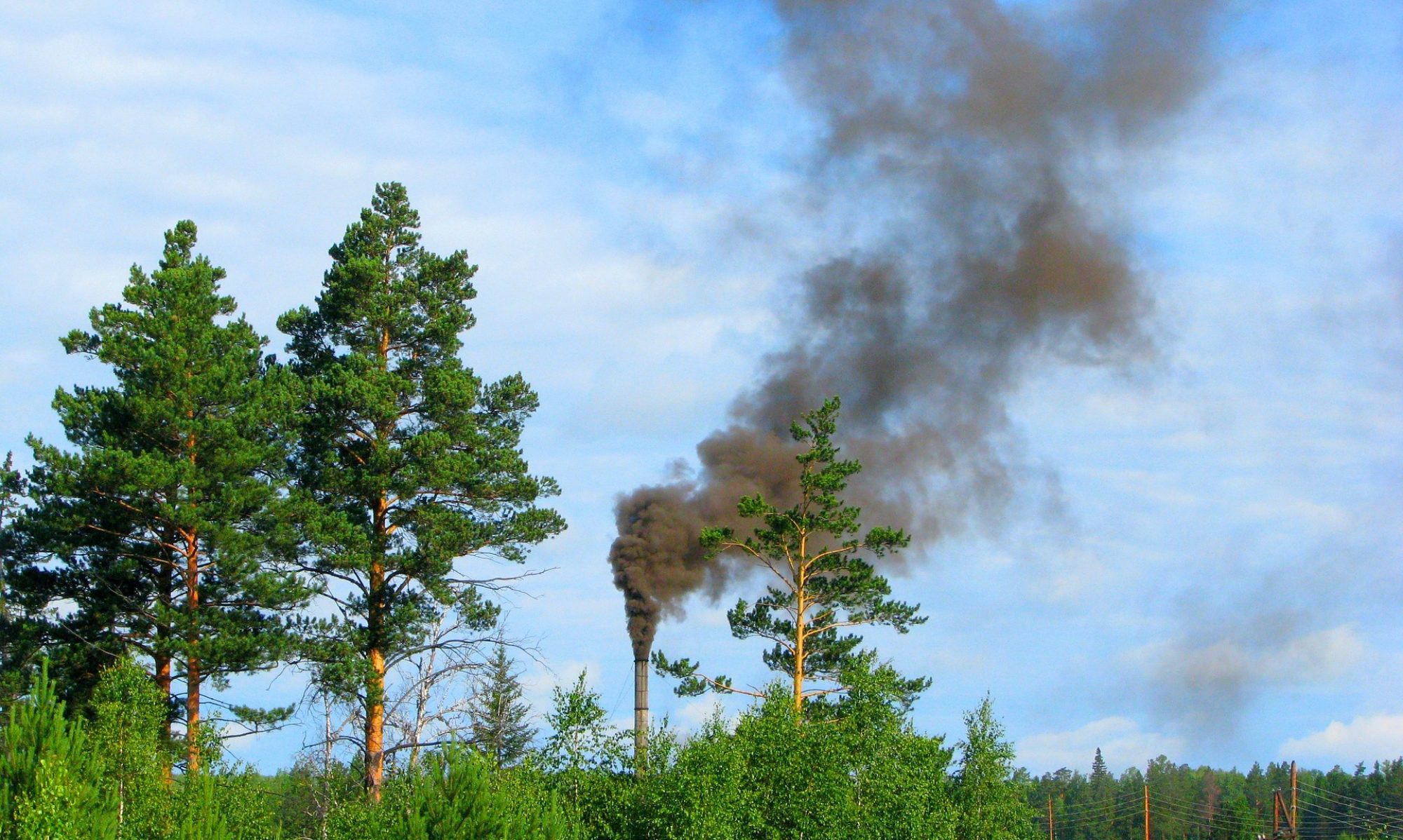Opportunities for and challenges to urban development and social cohesion in Russia’s Arctic under climate change impacts, 2018-2021
The project aims to build a sustainable development and social cohesion strategy for the Russian Arctic towns to mitigate numerous social and environmental challenges and threats in the age of climate change. This will be done with an innovative methodology of sustainability and social cohesion indicators, and key attention will be devoted to the environmental and socio-economic issues in an era of climate change.
The Arctic City Sustainable Development Index (ACSDI) will help to measure sustainability and social cohesion outcomes and progress (or the lack of it) toward achieving those outcomes in the Russian Arctic. This analysis will take Arctic local urban development in a global context, examining opportunities and risks of different development trajectories to sustainability in a wider geographical, geoeconomic and geopolitical contexts.
Finally, the project will investigate associated policy planning issues with the aim to suggest policy recommendations on sustainable development/social cohesion strategy for the local, regional and federal authorities. These recommendations will also include an international perspective by making policy-relevant proposals for international institutions engaged in the Arctic, such as the UN bodies, Arctic Council, Barents-Euro-Arctic Council, Nordic institutions, etc.
An expected academic output of the project will include a series of articles in the peer-reviewed (Web of Science/Scopus) journals and an edited volume to be suggested to an international publisher.
Scientific objectives
The main research objective of this project is to help Russia’s Arctic municipalities to build a sustainable development strategy to mitigate numerous socio-economic and environmental challenges and threats in the age of climate change. It should be noted that the global climate change has rather contradictory implications for the Arctic Zone of the Russian Federation (AZRF). On the one hand, it creates greater opportunities to exploit oil, natural gas, and other mineral and biological resources as well as shipping lanes in the Arctic Ocean. In turn, this could be conducive
for the revival and modernization of the AZRF industrial base and, hence, further development of the Arctic urban centers where the industrial potential is concentrated.
On the other hand, extracting natural resources and intensive exploitation of maritime routes will require labor migration into the AZRF. The effect of climate change is amplified in the AZRF urban centers, where the presence of population, natural resource and transport infrastructure development and other human activities exert additional pressure on Arctic ecosystems. Promoting urban sustainability in the Arctic is critical because the fragility of the environment, economy, and population makes mistakes more costly and likely to have a lasting impact than they would in more resilient environments. Policy makers and corporations focused on maximizing profit margins are not paying sufficient attention to such sustainability concerns meaning that the continuation of current practices could do irreparable damage to the Arctic environment. The growing ethnic, religious and cultural diversity of the AZRF population challenges social cohesion of local communities and calls for new social strategies to harmonize inter-ethnic and inter-confessional relations in the region.
More specifically, this project aims to address three concrete research questions:
1. To develop an Arctic City Sustainable Development Index (ACSDI), which could be helpful for assessing the consequences of global climate change and anthropogenic activities for the AZRF urban centers.
2. The ACSDI will be used to evaluate the current situation and measure sustainability outcomes and progress toward achieving those outcomes in the AZRF cities that are growing due to resource development/transport infrastructure projects and migration, as well as those that for some reasons lack this growth.
3. Policy recommendations on sustainable development/social cohesion strategies for the AZRF local and regional governments as well as for the federal authorities and international organizations concerned will be developed.
The project’s expected results will provide theoretical and methodological basis for the development of an integrated approach to the study of the implications of global political, economic and climate changes for the AZRF. More, the project results are helpful for the development of a strategic management system in the AZRF on various levels (municipal, regional and national) as well as for international cooperation in the Arctic. Particularly, the project may generate proposals contributing to: adaptation of the principles and approaches of sustainable development, accumulated in global practice, for the AZRF’s specific conditions; overcoming of contradictions between principle of minimized damage to the Arctic environment and the basic foundations of a contemporary economy based on the expansion of production, competition and the profits maximization; shaping harmonious conditions for a proper socio-economic and cultural development of the AZRF to advantage of the indigenous people, unfolding the basis of those different and sometimes conflictual interests, and that way to understand better the challenges how to promote sustainability; promoting social cohesion in the AZRF urban communities via diversified social adaption and integration programs; deepening of international cooperation in the Arctic complimentary to Russia’s national interests.
The proposed areas of practical application of the project outcomes: policy recommendations for the AZRF municipal and regional authorities; policy recommendations for the federal agencies; recommendations for amending the federal program on the AZRF socio-economic development up to 2020; constituting mechanisms for co-management with the indigenous people of the North; development of international cooperation programs in the higher and vocational education; development of international scientific research in the Arctic (in the context of the 2017 Arctic Council’s agreement on enhancing international Arctic scientific cooperation).
Project researchers:
Francesco Durante
Sohvi Kangasluoma
Veli-Pekka Tynkkynen
Project partners:
Saint Petersburg State University, Russia
Universität Hamburg, Germany
Posts about the events and publication related to this project can be accessed via the hashtag AUCAM.
